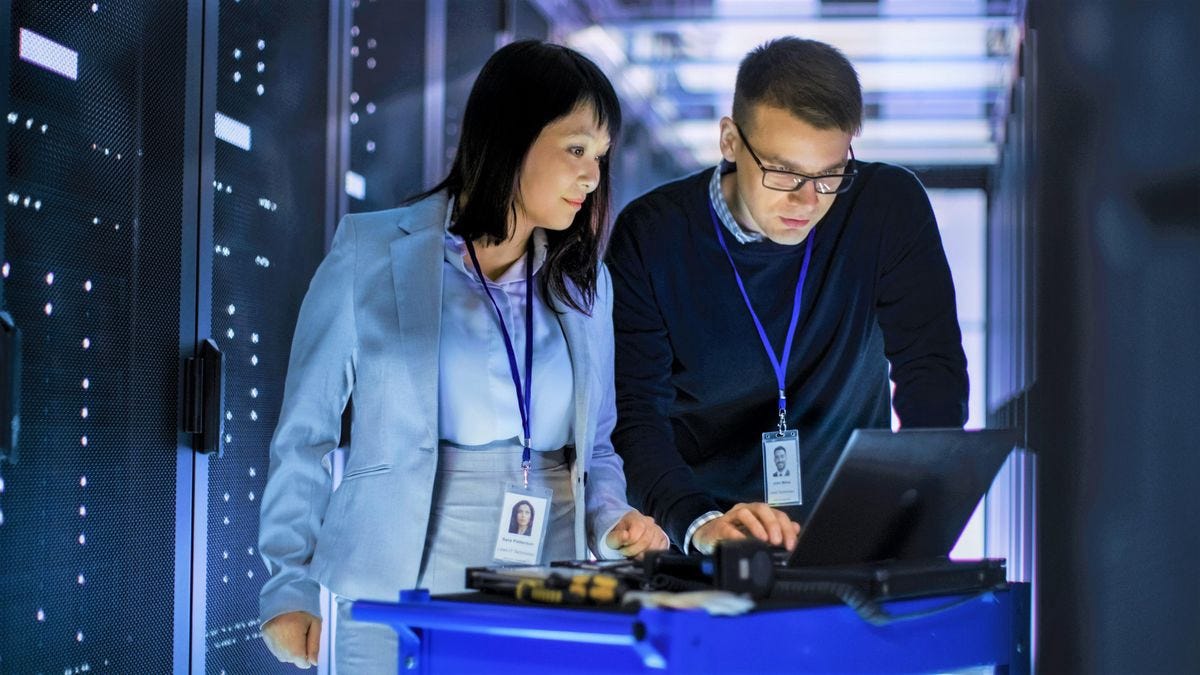Technology has been an unstoppable force over the years, with particularly astounding growth and breadth of its presence across all business domains. Automation and robotics, powered by artificial intelligence (AI), are changing how work is done in organizations, and AI-driven algorithms are already powering driverless cars on the roads.
What, really, is artificial intelligence?
Tracing its roots back to computer science, AI essentially makes machines or software programs smart, quite like how the human brain works. Machines can now work and think like humans, identifying faces and recognizing speech, driving cars, and performing robotics surgeries. Doing this is no mean feat, as making what is in essence a conglomeration of nuts and bolts learn and take informed decisions while improving basis mistakes is huge. From online shopping recommendations to automatic tagging of faces on social networking sites, AI is already in many parts of our lives.
Could AI take away human jobs?
The fear is not completely unfounded. AI has taken away and will take away more jobs, but those will largely be the repetitive, low-value-adding kind. AI advancements will bring in new technologies and tools to tackle highly complex jobs, and will improve our day-to-day lives.
Software engineers and technology workers are, naturally, concerned. Letting machines do what humans did all this while is no easy task, and AI is in fact expected to take over nearly 1.8 million jobs by the end of 2020. By the end of 2037, from cashiers to sports referees and from telemarketers to journalists, automation could be replacing many jobs.
#artificial intelligence #software engineers #technology
